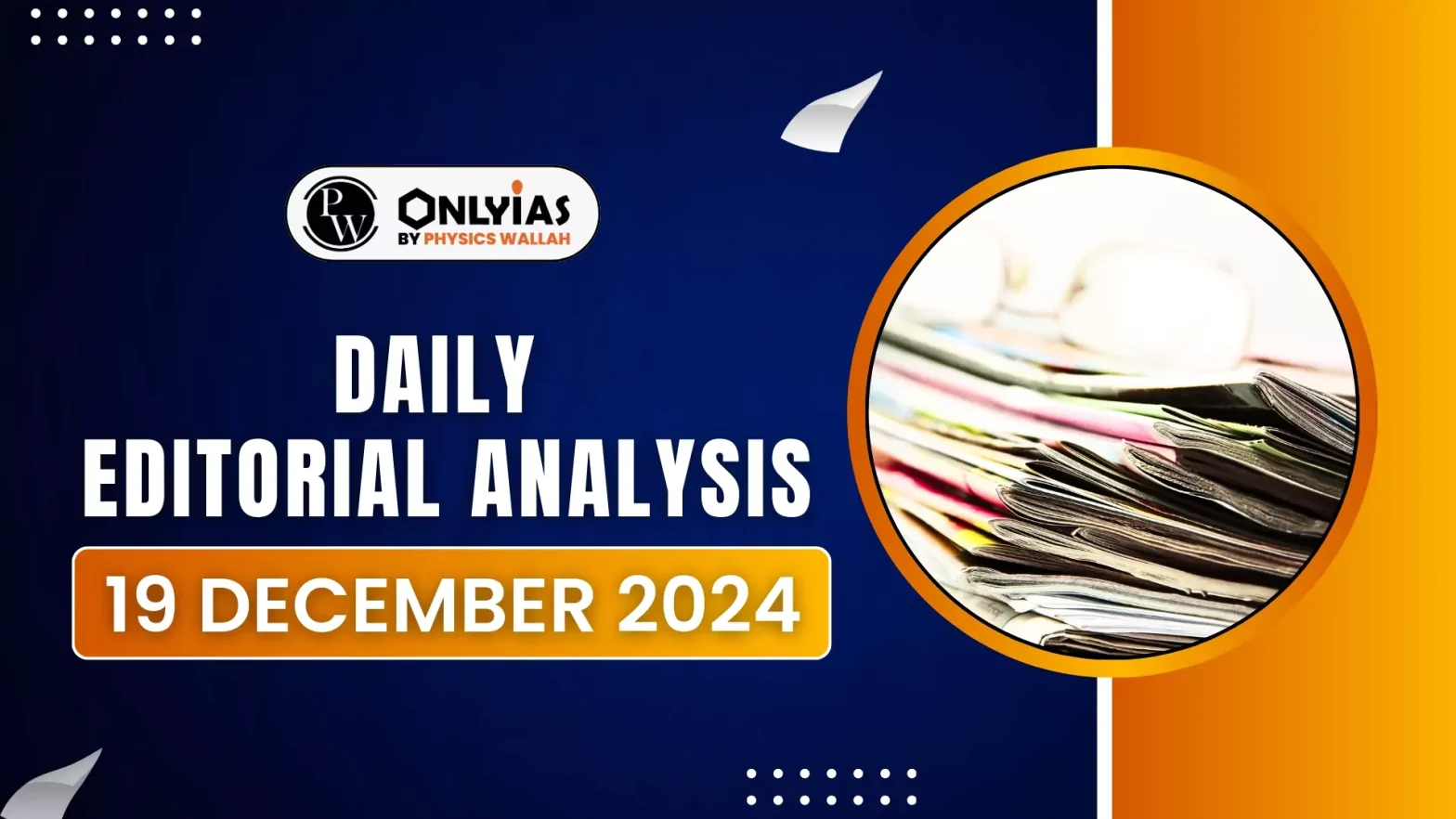Prime Minister Modi’s recent visit to Kuwait highlights the Gulf region’s growing strategic importance in India’s foreign policy, marking a milestone in deepening bilateral ties.
Historical Context
- Iraq’s Invasion of Kuwait
The Gulf War of 1990 began with Iraq’s invasion of Kuwait, driven by a combination of reasons. Key reasons for the conflict include:
- OPEC and Oil Prices: Iraq accused Kuwait of exceeding its OPEC production quota, causing a drop in oil prices, which further hurt Iraq’s war-torn economy.
- Allegations of Horizontal Drilling: Iraq accused Kuwait of using advanced technology for “slant drilling” into Iraq’s oil field, siphoning resources from Iraqi territory.
- Historical Claims: Iraq considered Kuwait an integral part of its territory. It was after World War I, that the British colonial powers redrew borders, creating Kuwait as a separate entity. Iraq viewed this division as illegitimate and sought to reclaim the territory.
Saddam Hussein leveraged these grievances to justify the invasion on August 2, 1990. The invasion drew widespread international condemnation and led to the formation of a US-led coalition to expel Iraqi forces and restore Kuwait’s sovereignty.
Enroll now for UPSC Online Classes
India’s Relationship with Kuwait and the Gulf Region
- Response to the 1990 Gulf War: India’s cautious response to Saddam Hussein’s invasion of Kuwait reflected its historical alignment with Iraq.
- Similar hesitations were observed during the Soviet invasion of Afghanistan (1979) and Russia’s actions in Ukraine (2022).
- During the Cold War, India fostered strong ties with radical nationalist regimes in Iraq and Syria, based on shared anti-imperialist, socialist, and secular ideals.
- Consequently, its engagement with Gulf monarchies like the UAE and Saudi Arabia remained limited, shaped by regional rivalries.
- Transformation of Relations with Kuwait and the Gulf Region: India’s relations with Kuwait were modest in the 1990s but improved by the 2000s, marked by high-level visits.
- After PM Indira Gandhi’s 1981 visit, Vice President Hamid Ansari’s 2009 trip was the most significant in nearly 30 years.
- Under the UPA government, India enhanced ties with Gulf nations like Oman, Qatar, and Saudi Arabia, who supported Kuwait during the Gulf War.
- Today, shared economic, energy, and security interests drive Gulf nations to view India as a key partner, with diminished complications from Pakistan.
- PM Modi’s Active Diplomacy: Since taking office, PM Modi has revitalized Gulf relations with frequent visits: seven to the UAE, two each to Qatar and Saudi Arabia, and one each to Bahrain and Oman.
- His proactive engagement has solidified India’s position as a vital partner in the Gulf, transforming ties with Kuwait and the region.
Way Forward
- Assess Regional Dynamics:
- India needs to carefully navigate the complex dynamics between moderate Arab states and non-Arab regional powers like Iran, Israel, and Turkey.
- The Arab states oppose any return to Ottoman control or Iranian dominance and resist radical Islamist regimes.
- They also oppose Israel’s stance on Palestinian issues.
- Encourage Arab-Israeli Cooperation:
- Greater flexibility from Israel could potentially foster Arab-Israeli cooperation, which would contribute to stabilizing the Middle East.
- The Abraham Accords, brokered by the USA, normalized relations between Israel and the UAE.
- There were prospects for similar normalization between Israel and Saudi Arabia, but these discussions were impacted by the escalations in violence between Hamas and Israel.
- India should encourage Israel to address Arab concerns as this would enable India to play a larger role in balancing its relations with both Gulf nations and Israel, positioning India as a key player in the evolving geopolitics of the Middle East.
Check Out UPSC NCERT Textbooks From PW Store
![]() 19 Dec 2024
19 Dec 2024
